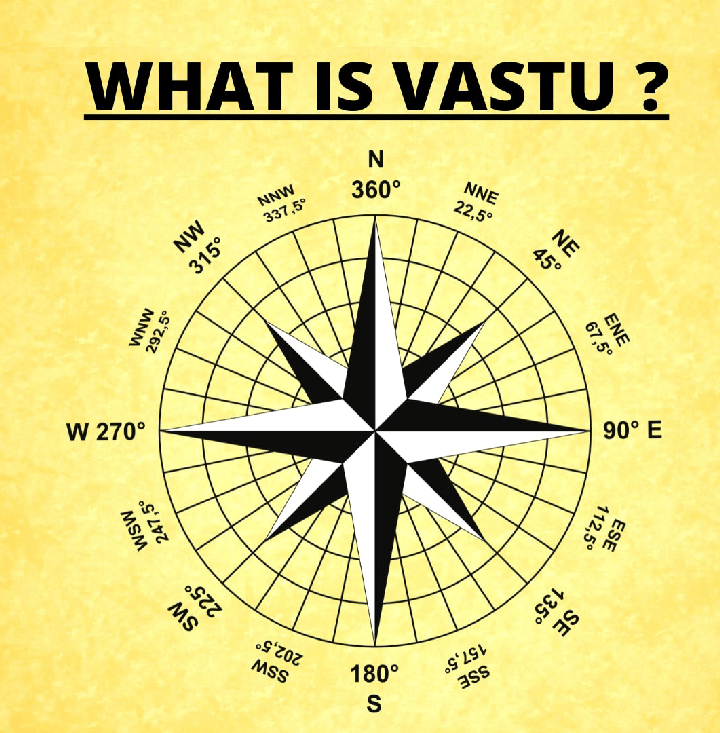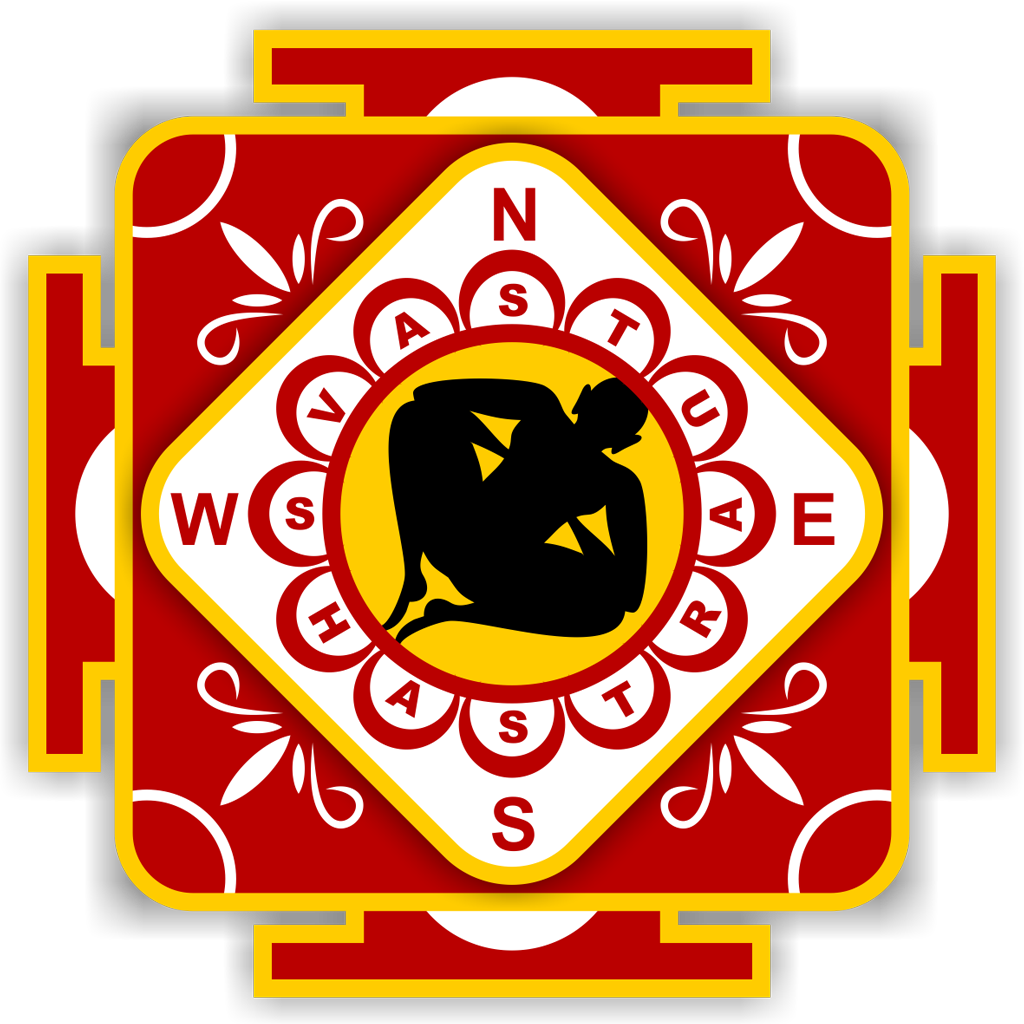What Is Vastu Shastra
Vastu shastra is a traditional Indian system of architecture originating in India. Texts from the Indian subcontinent describe principles of design, layout, measurements, ground preparation, space arrangement, and spatial geometry. Vastu Shastras incorporate traditional Hindu and (in some cases) Buddhist beliefs. The designs aim to integrate architecture with nature, the relative functions of various parts of the structure, and ancient beliefs utilising geometric patterns (yantra), symmetry, and directional alignments. In his review of research on superstition and real estate, Stuart Vyse concludes that "...just as in the case of feng shui, there is no scientific basis for the claims of vedic architecture"; others have described Vedic architecture claims as a form of pseudoscience.
Vastu Shastra- an inquisitive science of architecture encapsulates the forces which act upon a given space through flow of positive energy. Vastu refers to 'abode' or mansion and Shastra or Vidya means science or knowledge, so Vastu Vidya is the sacred holistic science pertaining to designing and building of houses. The principles of vastu have been derived from Sthapathya Veda- one of the ancient sacred books in Hinduism.

Elements of Vastu Shastra
Vastu is a science of direction that combines the five elements of nature and cosmos, ultimately balancing with man and the material. This mysterious science unifying the five elements called ‘Panchbhootas’- earth, fire, water, sky and space and paving a way for enlightenment, happiness and prosperity.
Earth
The first and foremost element of nature which exerts maximum energy. It is necessary to consult the land you are purchasing, as plot’s soil, area everything matters in Vastu. The selection of site is considered very important in Vastu element. A detailed inspection of soil, plot, site, shape and size has to be done before commencing the construction. Earth (prithvi) is the most important element in Vastu and influence human lives in every way.
water
Water (jal) is present on earth in the form of rain, ocean, sea and rivers. It is the second foremost element considered in Vastu. Vastu provides proper directions for the placement of water sources. Water is an element of north-east. As far as the flow of domestic water is concerned, it should be drained out of north-east only. The water bodies such as swimming pool and aquarium etc need to be made in north-east, this direction is auspicious and suitable for water
Air
Air (vayu) is a necessary thing for all of us living on this earth. In Vastu air is another important element which is considered before applying it. Air is an element of north-east. Air consists of various gases on earth like oxygen, nitrogen, helium, carbon dioxide etc. A balanced percentage of different gases, atmospheric pressure and humidity level are important for living beings on this earth. There are important directions for windows and doors in Vastu so as to receive a good amount of air.
Space
Sky is never ending and our space is full of constellations, galaxies, star, moon, sun and all the nine planets. It is also called universe which is known as ‘Brahamand’- the place of god. Space has a very important place in our lives and Vastu gives different directions for better space. Indian houses used to have open space in the centre of the house.
Fire
Fire (Agni) is considered as an element of south-east. In a house kitchen fire or electrical gadgets shall be place in south-east. Light is the essence of life, and sun is the natural light giver. Fire is the basis of all sources of energy including thermal power and atomic power. There should be proper ventilation for sunlight being necessary and natural source of light for human beings.

Why Vastu?
Vaastu is a complete understanding of direction, geography, topography, environment and physics. The more we are becoming modern the more we are going away from our Vedas, thus facing all the problems in the life.
A Vastu dosh can be corrected through the changes in the rooms, through interiors of the house, by changing the placements, by using regulators or using some charged objects. Every vastu dosh has some remedy and if taken properly, the happiness and peace comes back in the life again.
Vaastu considered the interplay of various forces of nature involving the five elements of earth, water, wind, fire and ether and strives to maintain equilibrium as these elements influence, guide and change the living styles of not only human beings but every living being on earth. Thus they influence our deeds, luck, behavior and other basics of life.
There are total eight directions North, South, East, and West are called cardinal directions and the point where any of the two directions meet is called intercardinal or ordinal point like NE, SE, SW, NW. These directions are given a lot of importance in Vastu Shastra as they combine the benefits of two directions in totality.
